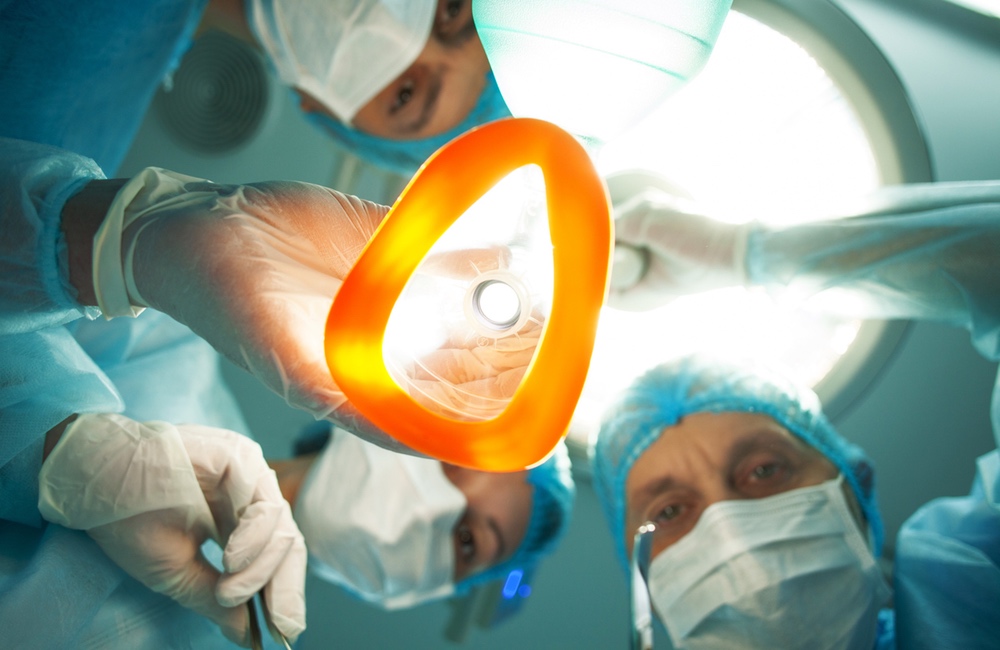When you get too little sleep, you're more likely to make mistakes. We all know this, but some errors caused by sleeplessness, like not pushing the toast down, or making the coffee too strong or too weak, aren't all that serious. Others are.
If you are facing surgery, you will certainly hope the surgeon had a good night's sleep. “Every day, approximately 11 sponges are left inside of patients who have undergone surgery. That's 4,000 potentially dire missteps each year and an example of a procedural task gone terribly wrong that can result from sleep deprivation,” said Kimberly Fenn, one of the authors of a Michigan State University study.
The researchers tested the effects of lack of sleep on performance in what they're calling the largest experimentally-controlled study on sleep deprivation to date. As you might expect, it had a serious negative impact. “Our research suggests that sleep-deprived people shouldn't perform tasks in which they are interrupted — or, only perform them for short periods,” added Fenn, Director of the MSU Sleep and Learning Lab.“If you look at mistakes and accidents in surgery, public transportation and even operating nuclear power plants, lack of sleep is one of the primary reasons for human error.”
The next morning, everyone went through the procedure again. And the sleep-deprived people performed much worse than those who had had some sleep.
The previous evening, everyone's performance had been judged as acceptable. In the morning, this wasn't so. The researchers gave a failing grade in performance to 15 percent of the sleep-deprived, compared to only one percent of those who had slept. Moreover, the sleep-deprived people not only made more errors than people who slept, they also showed a progressive increase in memory-associated errors the longer they performed the task. This was because they had a great deal of trouble remembering where they were in the sequence after being interrupted, a quality the researchers call lack of memory maintenance.
That hardly sounds like a formula for surgical success.
“If you look at mistakes and accidents in surgery, public transportation and even operating nuclear power plants, lack of sleep is one of the primary reasons for human error,” said Fenn. “There are many people in critical professions who are sleep-deprived. Research has found that nearly one-quarter of the people with procedure-heavy jobs have fallen asleep on the job.” Fenn's lab plans to look at how effective things like caffeine and napping are when it comes to countering some of the negative effects of sleep deprivation.





